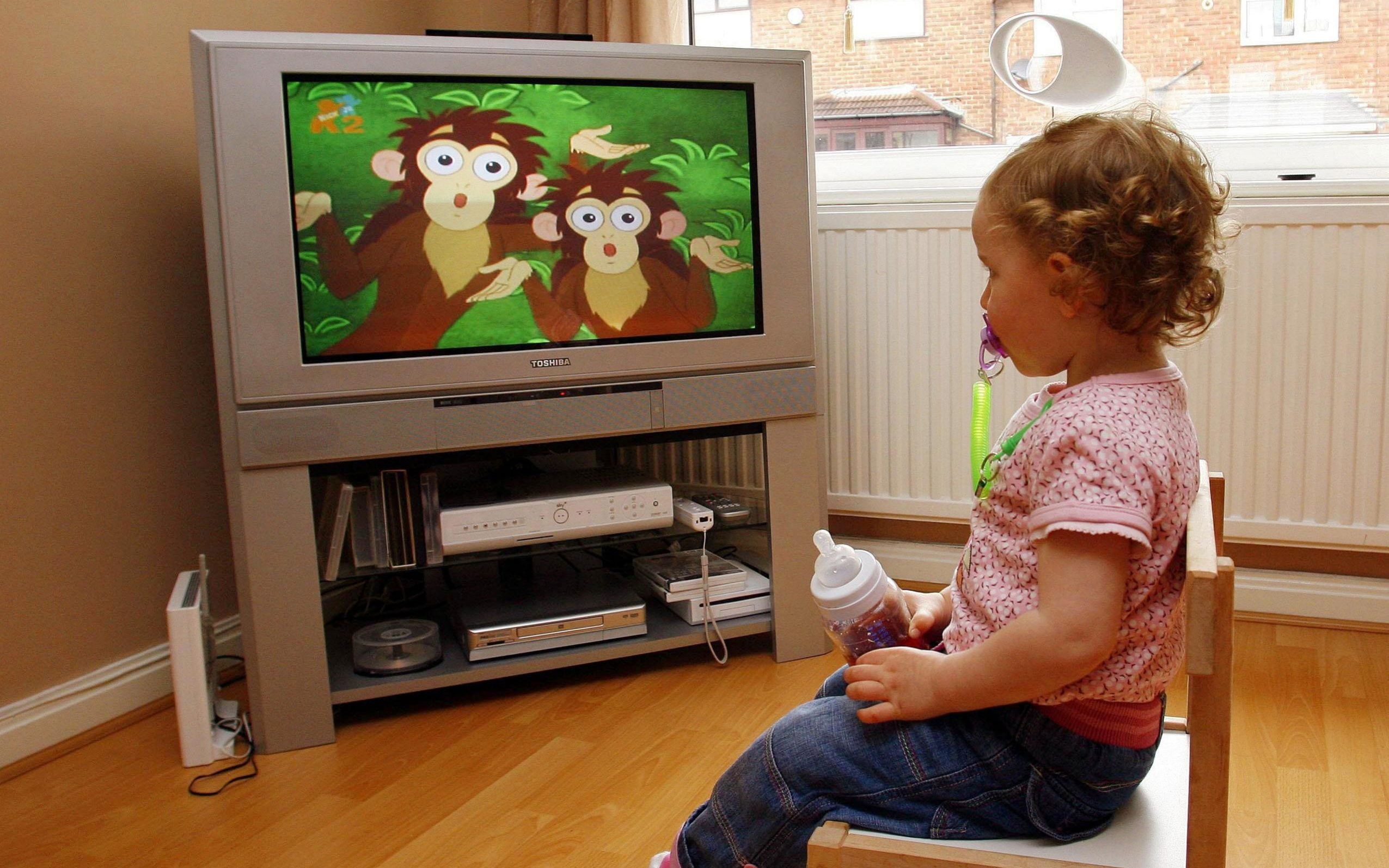In the digital age, television has become an integral part of everyday life, and its influence on young minds cannot be ignored. Preschoolers, aged 2 to 5, are in a crucial stage of cognitive, social, and emotional development. The role of television in their lives demands careful consideration due to its potential effects on their growth and well-being. Let’s delves into the impact of television on preschoolers, discussing both its benefits and challenges while emphasizing the importance of striking a healthy balance between screen time and other developmental activities.
- The Benefits of Educational Television
Television can offer valuable educational content that can support preschoolers’ learning and development:
- Educational Programming: Some television shows are specifically designed to teach preschoolers essential concepts such as numbers, letters, colors, and basic social skills.
- Language Development: High-quality educational shows expose preschoolers to rich vocabulary, helping them enhance their language skills.
- Cultural Exposure: Educational shows can introduce preschoolers to diverse cultures, fostering inclusivity and promoting an understanding of the world around them.
- Cognitive Stimulation: Well-designed programs can engage preschoolers’ minds, stimulating their cognitive development through problem-solving and critical thinking activities.
2. The Challenges of Excessive Television Time
Despite its potential benefits, excessive television time can have adverse effects on preschoolers:
- Delayed Language Development: Spending too much time in front of the TV can hinder language development, as it might replace important face-to-face interactions.
- Attention Difficulties: Excessive screen time can lead to shorter attention spans, making it challenging for preschoolers to focus on other activities.
- Sedentary Lifestyle: Spending extended periods in front of the TV contributes to a sedentary lifestyle, which is detrimental to physical health and development.
- Imitative Behavior:Preschoolers are highly impressionable. They might imitate aggressive or inappropriate behavior seen on television, affecting their social interactions.
3. Striking a Healthy Balance
To ensure that television has a positive impact on preschoolers’ development, a balanced approach is essential:
- Limited Screen Time: The American Academy of Pediatrics recommends no more than 1 hour of screen time per day for preschoolers.
- Select High-Quality Content: Choose educational and age-appropriate programs that promote learning and positive values.
- Co-Viewing: Watch television with your preschooler and discuss the content to enhance their understanding and critical thinking skills.
- Active Engagement: Encourage your preschooler to engage actively with the content. Ask questions, discuss characters’ decisions, and relate it to their own experiences.
- Outdoor Play: Prioritize outdoor play and physical activities to counteract the sedentary effects of television.
- Structured Routine: Incorporate television time into a structured daily routine, ensuring it doesn’t interfere with other developmental activities.
- Monitor Content: Regularly review and assess the content your preschooler is watching to ensure it aligns with your family’s values and educational goals.
- Promote Social Interaction: Balance screen time with playdates, family interactions, and other social experiences that contribute to social development.
Conclusion
Television can be a valuable tool in preschoolers’ learning journey, offering educational content that can enhance their cognitive and language skills. However, the potential negative effects of excessive screen time cannot be ignored. It’s crucial for parents and caregivers to take an active role in shaping their preschoolers’ screen time habits. By limiting screen time, selecting high-quality content, and fostering active engagement, you can harness the benefits of television while ensuring your preschooler’s overall development remains a priority. Striking a healthy balance between screen time and other developmental activities will contribute to a well-rounded and enriching childhood experience.

